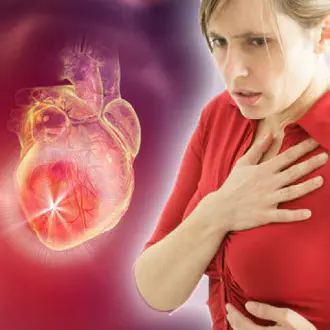
Cardiovascular Disease | What Is It?
Cardiovascular disease, also known as CVD, can be multiple different diseases that affect the heart and blood vessels in your body. CVD can be caused by a layer of fat that is built up inside the arteries or veins, blood clots, or damaged arteries within major organs such as the brain, heart, kidneys or eyes. A few cardiovascular diseases include cerebrovascular disease, peripheral arterial disease, congenital heart disease, rheumatic heart disease, coronary heart disease, deep vein thrombosis and pulmonary embolism. There are a few things you can do for cardiovascular disease prevention, such as eating a healthy diet, keeping your blood pressure low, managing stress and limiting alcohol intake.
A cardiovascular disease, such as heart attacks or even strokes, are caused when arteries or veins are blocked and therefore blood cannot be carried to the heart or brain.

